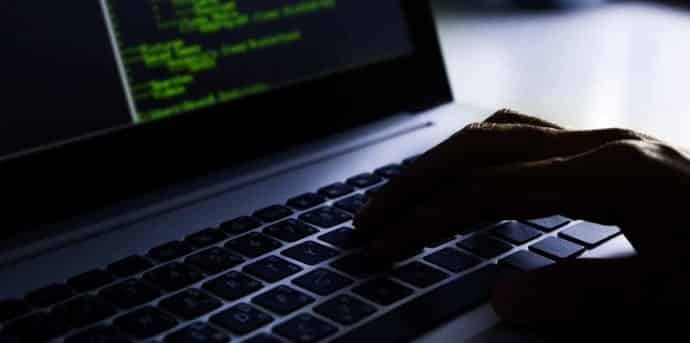After all its free.
As said above, hackers can access just about any information as you are doing on a public Wi-Fi.
Simply put, they watch or tweak your data in transit.

In a MITM attack, the hacker sees the information going to and from your rig.
They intercept, and alter, the communication between you and the website.
With this attack, hackers set uprogue Wi-Fi hotspots.

You might connect to a harmless looking hotspot, like one entitled, Free Public Wi-Fi.
You figure that maybe someone was being generous.
Little do you know, you might have fallen right into a hackers trap.
Once youre connected, hackers can see any data you send and collect through this internet connection.
https://www.youtube.com/watch?v=kgBiATShaAw
Devious hackers can set up a legitimate-looking Wi-Fi connection.
For example, hackers can broadcast a connection name thats the name of a coffee shop or library.
Unsuspecting victims will connect to the evil twin.
Unfortunately, their computer still looks connected to the legitimate hub instead.
Some hacker techniques are advanced enough to lure your gear into automatically connecting to their Wi-Fi connection.
They do this by broadcasting fake certificates and credentials that match routers youve connected to in the past.
The Packet Sniffer
MITM and evil twins arent the only strategies for hackers.
They use software called packet sniffers like Wireshark to collect your data.
A packet sniffer captures all packets of data that pass through a internet interface.
data pipe or system administrators can use packet sniffing to monitor and troubleshoot data pipe traffic.
Unfortunately, when hackers use packet sniffing, they eavesdrop on data pipe traffic.
Its actually pretty easy for hackers to pull off these attacks.
How to protect your data from hackers
Remember no public Wi-Fi is safe.
The best idea is to avoid public Wi-Fi as such.
First and foremost,never ever use credit cardson a public data pipe.
Dont buy stuff with your credit card on public Wi-Fi.
This also includes banking, so dont login to your bank website on a public internet.
double-check youre protected with antivirus and encryption.
Use two-factor authentication and HTTPS sites when possible.
Today, its almost impossiblenotto use public Wi-Fi.
Go in knowing the potential consequences.
Dont buy stuff with your credit card on public Wi-Fi.
Share less sensitive information on public Wi-Fi.
confirm youre protected with antivirus and encryption.
Use two-factor authentication and HTTPS sites when possible.
VPNs make it difficult for hackers to read your password.
2FA just adds that bit of extra defence.
Constant Vigilance
No matter how many techniques you employ, none is better than keeping a constant vigilance.
Most banks provide SMS facility to inform you about any transactions that are taking place in your account.
Ditto for credit cards.
If you have a remarkable data plan, you could tether off your mobile machine or phone.
you’re free to defend yourself by encrypting your radio waves.
Encrypting your data makes it almost impossible for peering eyes to see your data.
Sites that use HTTPS technology encrypt your connection.
Websites like Facebook, Paypal, and Google secure your connection with HTTPS (not HTTP).
A man in the middle attack occurs significantly less with these instances.
(Heres anin-depth technical explanation on StackExchange.)
In the process of connecting, VPNs encrypt your data.
VPNs are resilient against packet sniffing as well.
VPNs encrypt your packets so that a hacker cant read it.
With a VPN, your rig sends packets to the VPNs server before moving towards the destination.
There are two things that can happen after you read this article.
In the second case follow the above precautions.
source: www.techworm.net